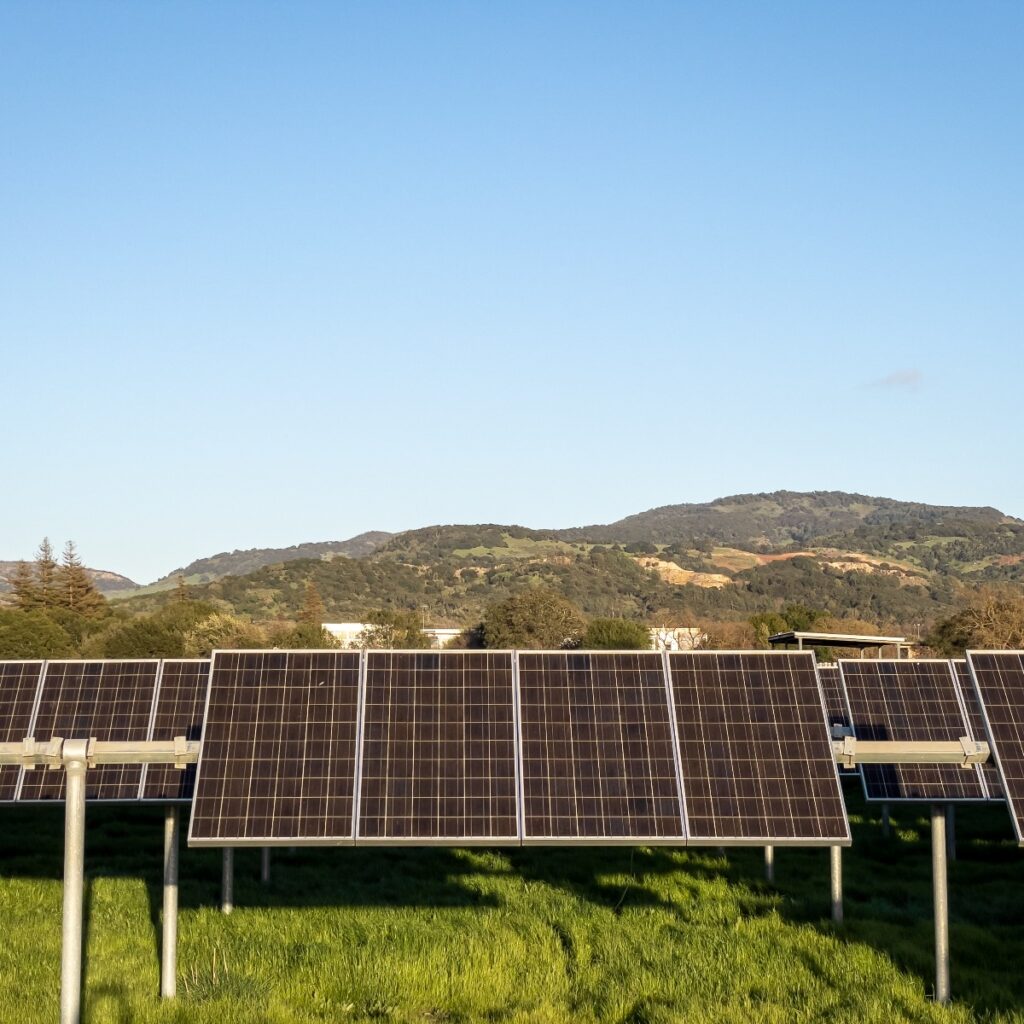Going Off-Grid: Understanding the Realities of Disconnecting from the Grid

Have you ever considered going off-grid? For many, the idea of living completely self-sufficiently is attractive, but it is important to understand what this entails before taking the plunge. What are the steps involved in going off-grid, and what do you need to know before making this life-changing decision?
Verifying Your Utility’s Policy
The first step in going off-grid is to verify whether your utility will allow you to disconnect from their grid. Unfortunately, not all utilities permit this, and some will even penalize customers who try to go off-grid. It is crucial to do your research and find out what your options are before making any major decisions.
Backup Batteries
If you can go off-grid, the next challenge is to ensure that your microgrid always has enough power to function. This means investing in backup batteries, which can be a costly endeavor. For example, a single 10 kWh backup battery can cost upwards of $15,000, and most average-sized homes will require at least two of these to fully disconnect from the grid.
Solar Production and Battery Charging
One of the challenges of relying solely on solar power is that it may not always provide enough energy to keep your backup batteries charged. This is particularly true at night and in the early morning hours when solar production is low or non-existent. As a result, it is important to carefully consider your energy needs and ensure that you have enough backup capacity to keep your microgrid powered.
Multiple Backup Batteries
In addition to the challenges of charging backup batteries, many larger homes will require even more backup capacity to ensure that they can fully disconnect from the grid. Depending on your energy needs and the size of your home, you may require three or even four 10 kWh backup batteries to provide enough power to your microgrid.
Conclusion
Going off-grid can be an attractive option for those looking to live self-sufficiently, but it is important to understand the realities of this lifestyle. From verifying your utility’s policy to investing in backup batteries, there are many challenges to overcome. However, with careful planning and preparation, it is possible to successfully disconnect from the grid and live entirely off the land. So, if you are a homeowner considering going off-grid, take the time to do your research, plan accordingly, and make the most of this exciting opportunity.
